Types of SASSA Social Grants in South Africa
SASSA (South African Social Security Agency) is a South African government agency that provides monthly social grants to people facing financial difficulties. Nearly 18 million people rely on these social grants in South Africa. SASSA provides different types of grants, and each grant has different eligibility criteria and is subjected to a means test.
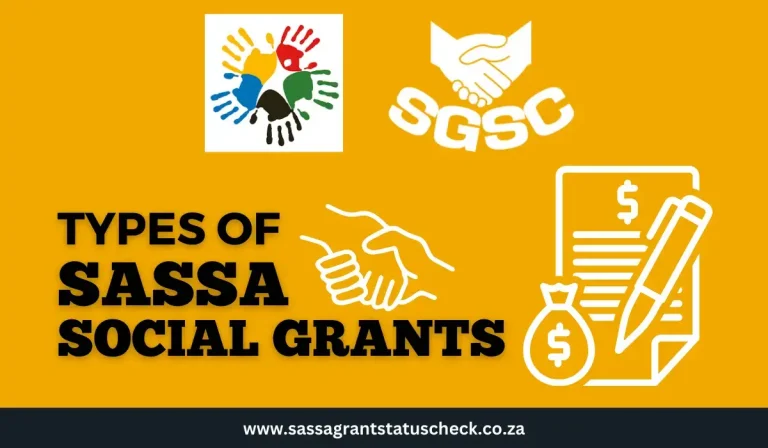
If you are looking for government grants in South Africa, this article will help you understand the types of grants SASSA offers, difference between each grant and help you select which type of grant you need to apply for. I will discuss each type of government grants provided by SASSA, their eligibility criteria, and what are the monthly payments for each type of grant.
What is a Social Grant?
Social grants refer to the monthly payments paid by SASSA to the permanent residents of South Africa, including its citizens, asylum seekers, and special permit holders.
These grants are provided to only the persons who fulfill the eligibility criteria. Before approval of the grant, SASSA also conducts a means test to verify their income source and assets to ensure that the grant is allocated to those genuinely in need and eligible for assistance.
Types of SASSA Grants in South Africa
There are eight types of government grants in South Africa that are administered by SASSA. The primary criteria for each type of grant is that you must be a South African citizen, permanent resident, or a recognized refugee.
If you are interested in applying, please read the criteria for each type to see if you qualify:
1. SRD R350 Grant
The Social Relief of Distress Grant (SRD) is also known as Temporary Assistance. It was initially released during COVID-19 to provide temporary financial assistance to people who are facing financial difficulties in fulfilling their family needs. But the government is continuing it and now its validity is increased till April 2025.
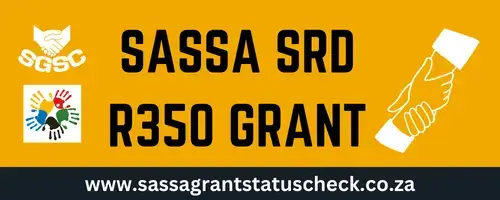
The applicant must fulfill the below eligibility criteria to be eligible for SRD grant:
The monthly payment for the SRD grant is R350. To apply, you will need to visit your nearest SASSA office. Please read the more detailed and complete application process at SRD R350 Grant.
2. Older Persons Grant
If you are over 60 years old and don’t have any source of income to support yourself, then you can apply for a SASSA old age grant.
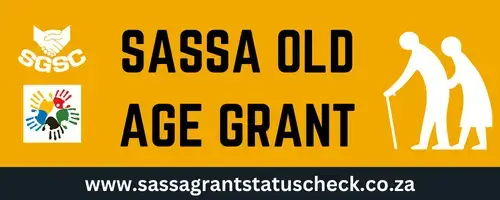
You must fulfill the below eligibility criteria to apply for an old age grant:
The older person’s grant amount is R2,090 per month. You can apply by visiting your local SASSA office. Please read more details and the application process for old age grant here.
3. Disability Grant
The disability grant is provided to persons who are disabled mentally or physically and can not work for more than six months. Whether you are disabled temporarily or permanently, you can apply for a SASSA disability grant.
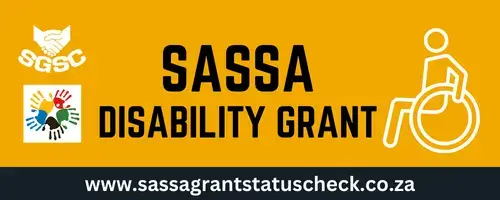
The eligibility criteria for disability grants are as follows:
The monthly payment for the disability grant is R2,090. You can apply for the grant at your nearest SASSA office. For more details and the application process, read the SASSA disability grant.
4. War Veteran’s Grant
This grant is only available to veterans who fought in World War II or the Korean War. Additionally, you must be at least 60 years old or disabled.
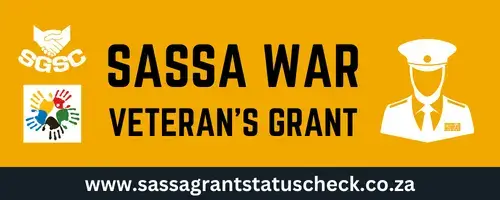
The eligibility criteria for the War Veterans grant are the following:
The grant amount for war veteran’s grant is R2110 per month. Please read my SASSA War Veteran’s Grant article for more details and application procedure.
5. Child Support Grant
If you are a biological parent or primary caregiver of a child, and unable to fulfill their basic needs, then you can apply for the child support grant. Your child must be under 18 years.
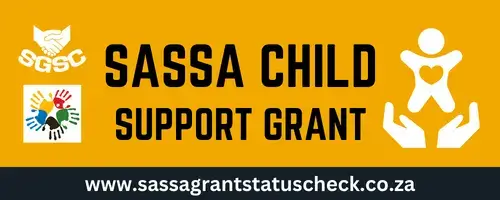
The eligibility criteria for a child support grant are below:
The monthly payment for the child support grant is R510 per child. You will also be provided with a top-up value of R250 per month for each child. So, collectively you will receive 760 monthly payment per child. Please read the Child Support Grant article for more details and the application process.
6. Foster Child Grant
If you are caring for a foster child and struggling to make ends meet in bringing up your foster child, you may be eligible for the SASSA Foster Child Grant. The child must be in foster care through a legal court order.
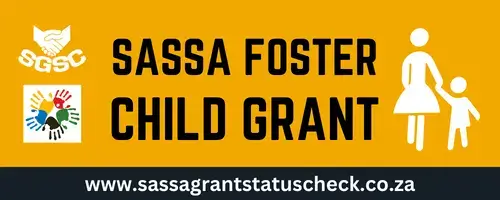
The eligibility requirements for the Foster Child Grant are as follows:
The payment of the Foster child grant is R1130 per month. Please read more details and the application process at SASSA Foster Child Grant.
7. Care Dependency Grant
If you are a caregiver of a severely disabled (mentally or physically) child and facing financial difficulties, you are eligible for a Care Dependency grant. The child must be permanently disabled and require special care at home.
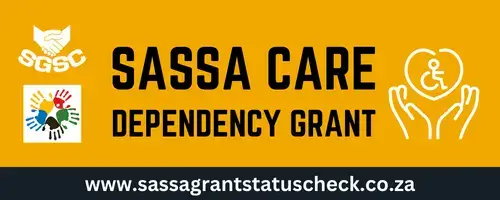
The eligibility criteria to apply for the Care Dependency Grant are below:
Once your care dependency grant is approved, you will get an R2,090 monthly payment to care for your disabled child. For more details and the application process, read the article SASSA Care Dependency Grant.
8. Grant-In-Aid
The Grant-In-Aid is only available to the current grant holders who are unable to care for themselves and require full-time care at home. It is only available to Old Age, Disability, and War Veterans grant holders and is provided as the top-up amount to their main grant. The grant amount is provided to hire someone who can provide in-house care to them.
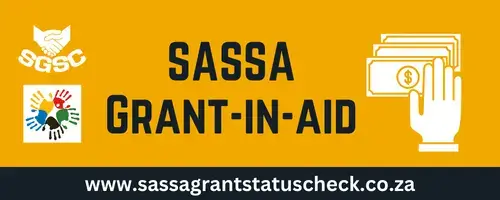
To apply for the grant-in-aid, the below criteria should be fulfilled:
Once your grant-in-aid is approved, you will be provided with a top-up amount of R510 each month with your current grant amount. Please read the SASSA Grant-In-Aid article for more detailed info and the application process.
How to Apply for these SASSA Grants
You can apply for a SASSA grant by visiting their office in person, or you can also apply online. If you want to apply in-person, then you must check the opening timings of your local SASSA office before visiting. Please read the application process for the grant you are applying for by clicking it from the below list:
Once you submit your application, SASSA will take between 30 to 90 days to review your application. The duration depends on the number of applications they are currently receiving and the complexity of your application. Once your application is reviewed and the decision is made, SASSA will notify you via message to your phone number or email.
Most Common Reason for SASSA Grant Rejection
The most common reason for the SASSA grant rejection is that the applicant applies for different type of grant rather than the one for which they are fulfilling the criteria. So, before applying for the SASSA grants, you must understand the eligibility criteria for each type of grant and see what grant category you fall into and what is suitable for you.
The best example is that SASSA rejected a lot of grant requests for disability grant applications. The only reason was that they were falling into the Care Dependency grant, but they applied for the Disability grant as they were not very aware of the grant type they should be applying for.
So, please check the eligibility criteria in detail before applying for a SASSA grant to reduce the chance of rejection. It will help in the quick approval of your grant, and as soon as your grant is approved, you will start receiving payments immediately from the date you applied for the grant.
To know the possible reason for your grant application rejection and how to apply again for your rejected grant, please read the SASSA appeal process.
Conclusion
So, If you are interested in applying for a SASSA grant, a clear understanding of SASSA grant types and their eligibility criteria is important. To make the work easier for you, I’ve outlined all the grants, including details of eligibility requirements, grant amounts, and monthly payments. Remember, you must fulfill the eligibility criteria of the grant you are applying for the successful approval. If you have any other questions about a particular SASSA grant, you can ask in the comments. For more detailed information about SASSA grants, you can visit our SASSA Updates blog.


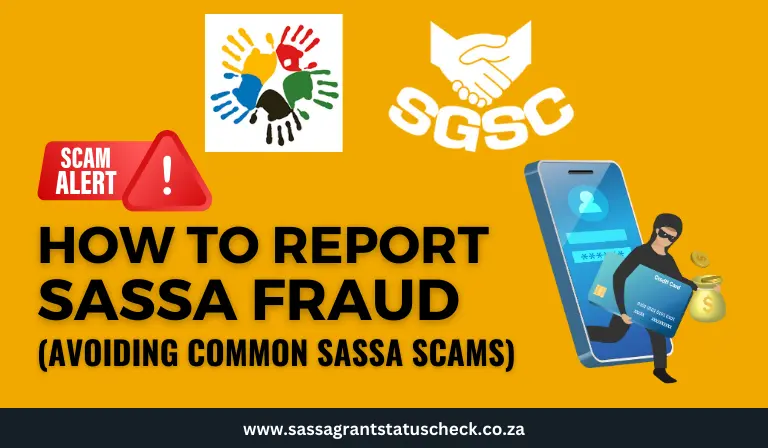


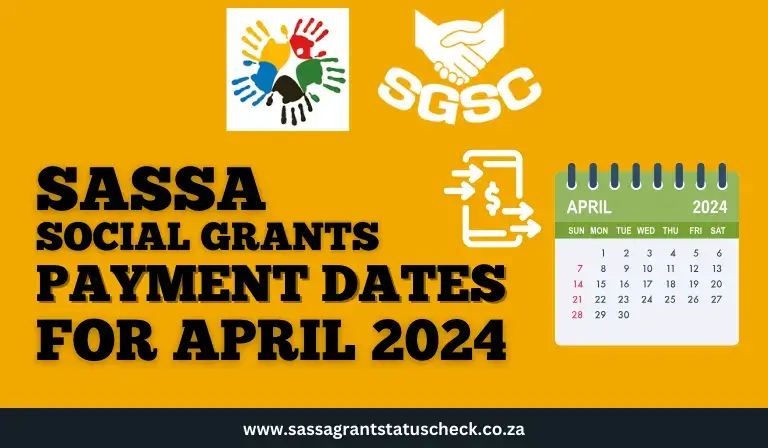
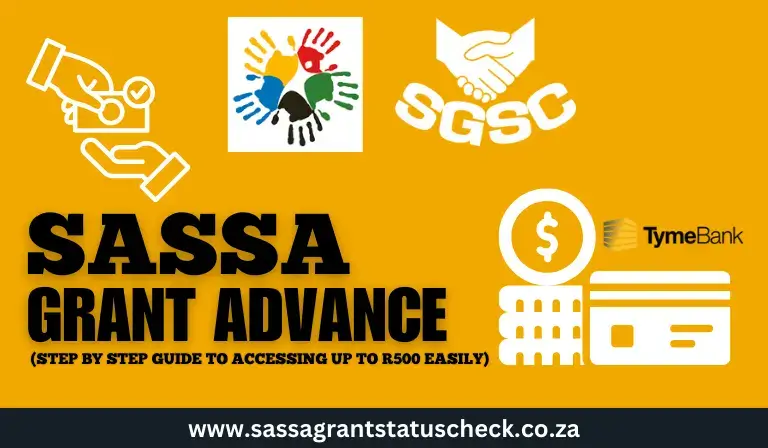
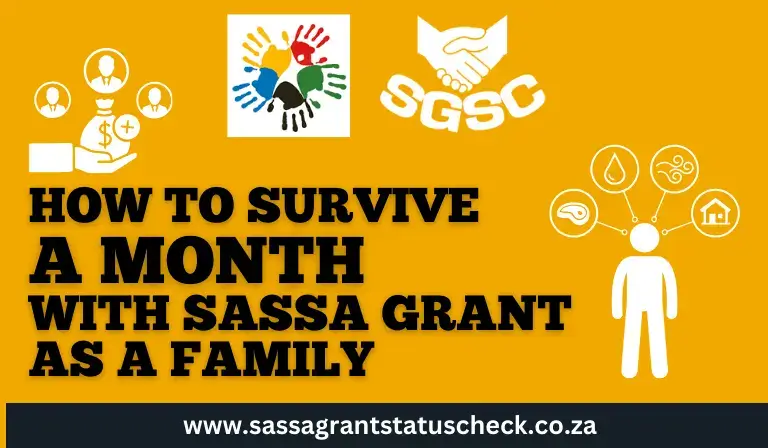
So we can’t fix my r350?
I want to fix the r350 because says refarred so I don’t know to fix
Grant for unemployed persons.
Hi Mbuso,
The SASSA Social Relief of Distress (SRD) grant is designed for unemployed person. You can find a step-by-step guide on how to apply for the SRD grant at: https://sassagrantstatuscheck.co.za/srd-r350-grant/
I have a few months thats approved however there is no pay dates wat must i do
Hi Nazier,
Please read this article to understand the reason behind the no pay date and how to solve it: https://sassagrantstatuscheck.co.za/sassa-r350-approved-but-no-payment/
How to apply 350
Hi Paul,
Please follow our step-by-step guide at SASSA SRD R350 Grant to apply for R350.
Hi. I recently deposited a large amount of cash at the ATM. I was saving for a bed. Will SASSA see this cash deposit as income or just a transfer of funds? Been moving my money between bank accounts of the same bank too, will SASSA see these bank transfer transactions as income or my own money?